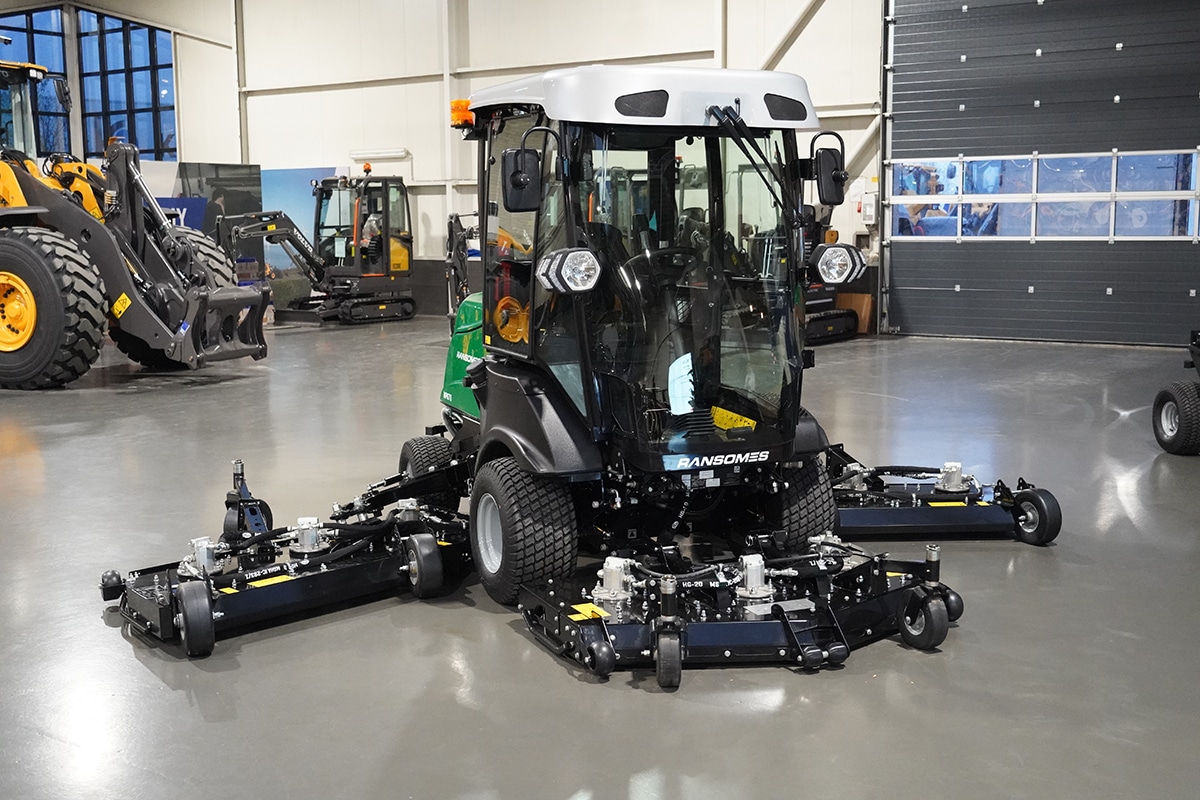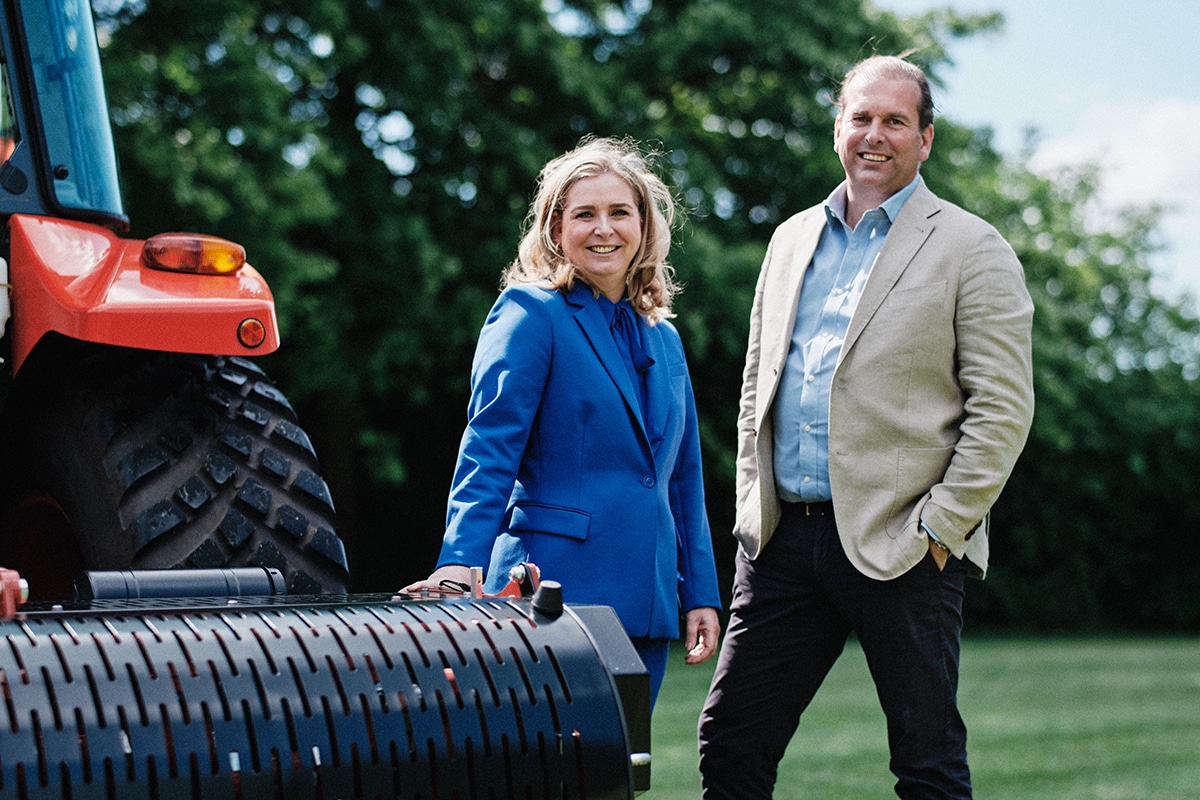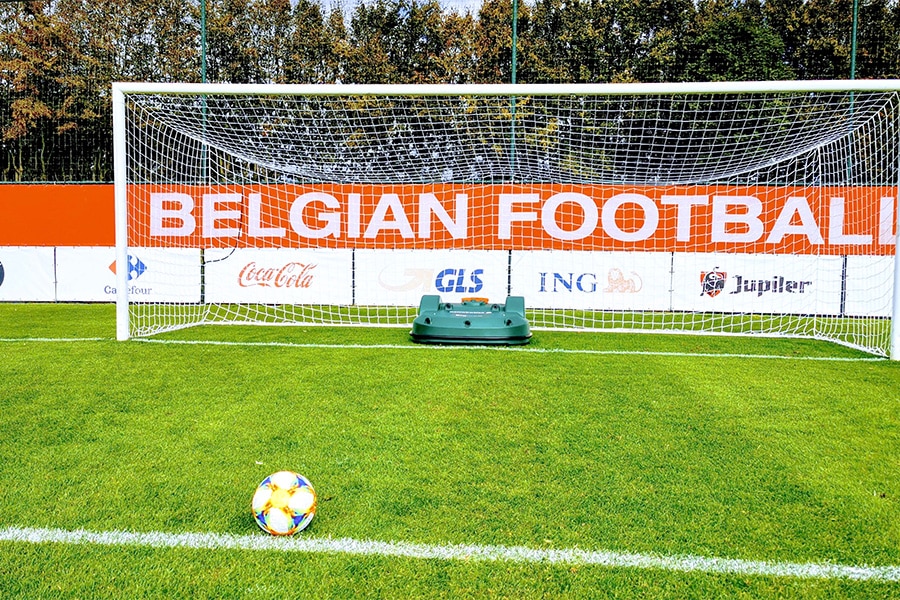
The appropriate maintenance strategy: a daily 'to do'
Communicating to make the right choices
Maintaining a golf course is by no means a sinecure. To meet the climate challenges, technical requirements and pesticide-free management of golf courses, the greenkeeping profession has changed in recent years. Marc Thiebaut, head of Devillers' golf division and former president of the Greenkeepers' Association of Belgium, takes us into the world of greenkeeping in 2023.
Marc Thiebaut trained as a greenkeeper in France. After gaining experience on several golf courses, he joined the Hulencourt golf club in 1996. Since 2022, he has been in charge of the golf department within Devillers, specializing in the construction and maintenance of lawns and turf.
He says the increasing focus on water management is one of the most striking evolutions in recent years. "Now that we have to deal with increasingly frequent and longer heat waves year after year, we have to look at water management in a different way. Restrictions on irrigation can no longer be ruled out. At the same time, we must switch to grasses that are more resistant to drought and disease. In addition, rainwater harvesting has also become an important issue. Initiatives to encourage biodiversity are certainly laudable, but they also have consequences. Ponds should no longer be constructed only for purely decorative reasons, but they should also be given a practical function as a rainwater buffer. In periods of drought, water can then be pumped up from the pond."
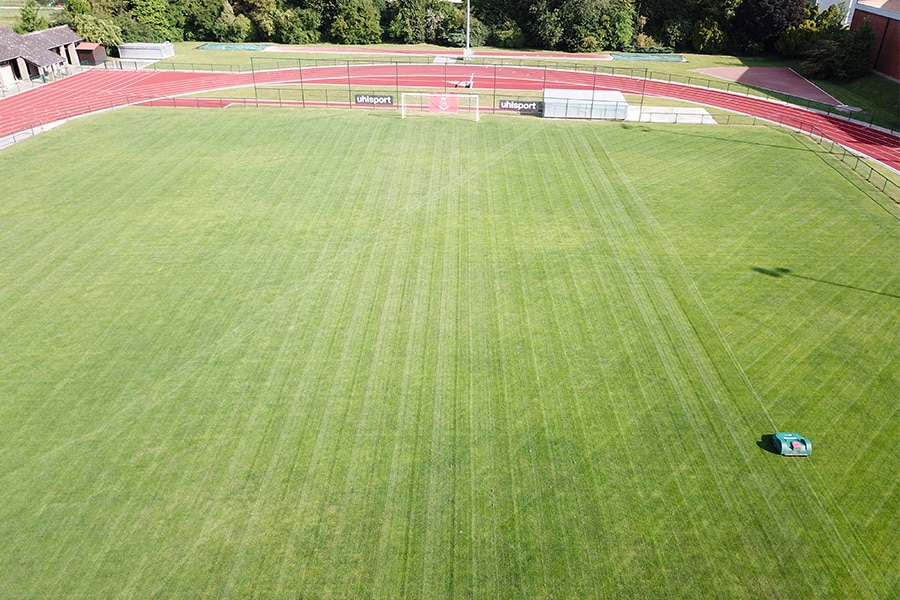
Pesticide-free management
The ban on pesticide spraying has revolutionized the way golf clubs can maintain their grounds. One of the most tangible consequences is that it has become more difficult to control diseases. As a result, more preventative work is needed. "The future of our planet is at stake. In this sense, the ban on the use of pesticides is an ideal opportunity to rethink our approach. The greenkeeper today has to monitor the grass of the golf course more closely. Whereas "sick grass" used to simply be treated, today we must create the best conditions to prevent the grass from getting sick. One way to do this is by choosing more resistant grass varieties, and by adding natural products such as amino acids and liquid fertilizers."
"This new approach requires quite an adjustment. Imagine if drugs that have proven their efficacy suddenly could no longer be used to treat a serious disease. In that case, you have to look for alternatives, and that involves a lot of testing, on a large scale. However, we greenkeepers are not labs, we are users. We need support in this area. However, our federation cannot do it alone, the big companies should also contribute. However, we cannot ignore the fact that the golf sector is not on the same footing in terms of importance as the agricultural sector," it sounds with some bitterness.
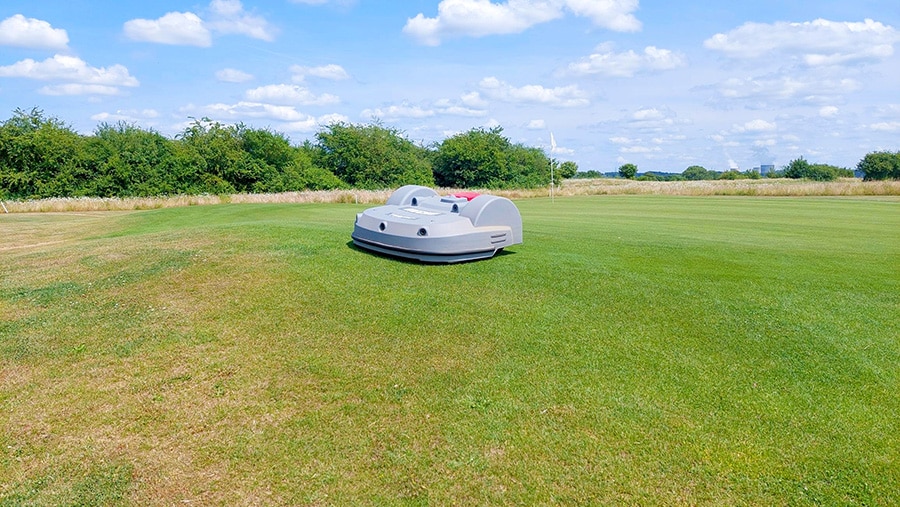
Technical resources welcome
Marc Thiebaut also sees positive developments, such as robotization. "Both in terms of cost and efficiency, the use of robotic mowers offers undeniable added value. Robots are not meant to replace humans, but they can help humans. For example, they can mow large areas more finely, without human intervention. This frees up time for the greenkeeper to, for example, overseed the greens by hand.
The robot thus becomes a complement to humans. Meanwhile, at the Naxhelet golf club, where I am responsible, we use robotic mowers from Belrobotics on the driving range and practice area, as well as on holes 10 and 18 of the golf course, among others. This saves us an enormous amount of time."
Heeft u vragen over dit artikel, project of product?
Neem dan rechtstreeks contact op met Yamabiko.
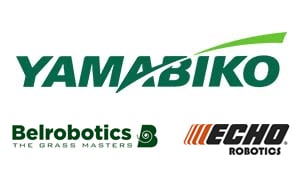 Contact opnemen
Contact opnemen
